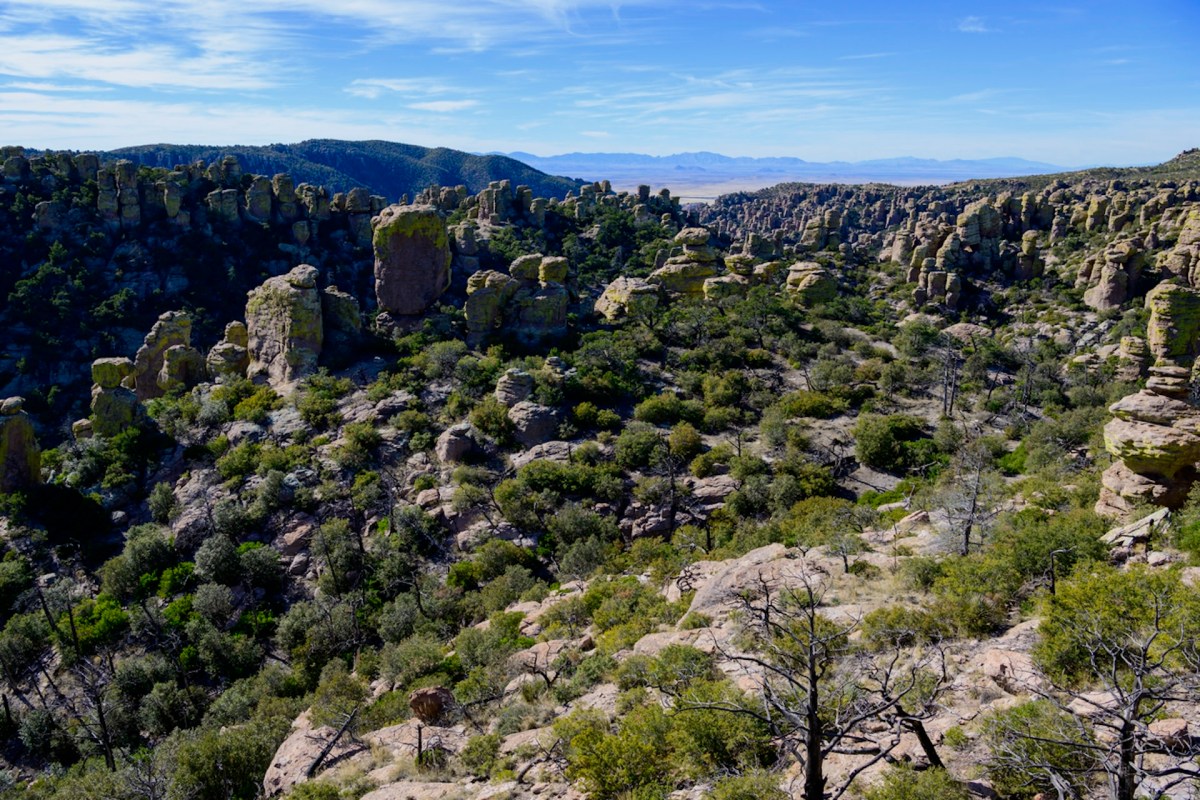An Australian mining company's fast-tracked project in Arizona is raising red flags about potential impacts on the region's air and water.
What's happening?
South32, the largest manganese producer globally, plans to open a manganese, zinc, lead, and silver mine in southeast Arizona's Patagonia mountains.
The Biden administration expedited the project's approval process despite the area being home to over 100 mammal species and part of the fragile Sky Islands ecosystem.
Local residents, many of indigenous Yaqui or Mayo origins, are concerned the mine will introduce new environmental injustices.
"We from the US-Mexico border are used to this," said Denise Moreno Ramírez, whose ancestors mined the same mountains.
The region has long dealt with pollution-related health issues from earlier industrial activity, including lupus and cancer.
Why is this mining project concerning?
Experts say standards around airborne manganese, which can cause Parkinson's-like symptoms, are lacking. The EPA has no legal limit, only suggesting adverse effects may begin at 0.05 milligrams per cubic meter. One study found Parkinson's-like motor symptoms in people living with as little as 0.00075 milligrams per cubic meter, per the Guardian.
"Since we do not know the level at which manganese exposure is safe, it is critical that every effort be made to keep occupational and environmental exposures as low as possible," said Brad Racette, a leading manganese exposure researcher.
The mine could also further pollute already-impaired regional waters. South32's draft permit allows discharge of up to 6.48 million gallons of wastewater per day into a local creek. "Dewatering" the groundwater beneath the lush mountains to enable mining is another worry amid Arizona's long-term drought.
"You wonder where all [the water] is gonna go, and what's going to happen to the mountain," said Robert Proctor of Friends of Sonoita Creek. "It's a mess."
What's being done about this mining project?
Grassroots groups are pursuing legal action to protect their communities and environment. They've appealed water permits and sued the U.S. Forest Service for not fully assessing the impacts on endangered species like jaguars.
Some say the energy transition, which relies on mined materials, is a moment to restructure more equitably — through community ownership, benefit agreements, and policies expanding public transit to decrease vehicle dependence. Advocates hope a precedent can be set for speedy, scaled-up development that still safeguards people and the planet.
"If you're going to force mining on us in what is a global biodiversity hotspot, it must also be mitigated to the highest science possible and monitored ongoing," said Carolyn Schafer of the Patagonia Area Resource Alliance. "We are the guinea pigs in the whole country on this."
Join our free newsletter for cool news and actionable info that makes it easy to help yourself while helping the planet.









